Period poverty is one of those topics that you can't unsee once you realise it's there, but it's surprisingly easy to be oblivious about it until that moment. I know I was oblivious.

I distinctly remember the feeling of empathy and slight guilt about my own privilege when I first read about it. How had I never thought, when talking about women's issues, when talking about homeless problems, when being upset about refugees, war disasters, or climate catastrophes - that in the middle of it all there would be periods, making it worse. Making it more difficult for those who are in the midst of those existing hardships.
I know my own cramps, my own self-doubt and uncomfortable symptoms during my period. The tiredness I experience during those days, but I had never thought of adding the horror of not being able to buy sanitary products. Of not being able to curl up on the sofa with a hot bottle of water. There is definitely a privilege in being able to feel sorry for yourself in your own house. I'd never thought about it and now it's all I think about - once a month, but still from the comfort of my sofa.

There are lots of problems associated with and causing this, but the main cause is the stigma around periods. Without open conversations and real understanding, we can't address the other issues causing period poverty. The fact that periods are still taboo makes all the fights around it more difficult to win, as they must be held in the secrecy of 'ladylike' decency. And we all know that proper ladies don't bleed.
We need to talk about periods the same we talk about any other reality of our natural bodies, from farting to headaches, from brushing our teeth to having to pee badly. Although that also highlights the problem that firstly women have to be portrayed as humans with all the needs and the bodily functions and yet can't if they want to be perceived as sexy - which we all know is the *only* goal of our existence.

Not having access to sanitary products means being forced to use alternatives that are not healthy and can be dangerous. For example, in India, only 12% of menstruators have access to sanitary products, leaving the rest to use unsafe materials like rags and sawdust as their alternative, which according to UNICEF has been linked to reproductive and urinary tract infections
But we don't even need to go as far as India, in the UK, 1 in 10 girls can’t afford to buy menstrual products, while 1 in 7 has struggled to afford them, according to a representative survey of 1,000 girls and young women aged 14-21 by Plan International UK. They also found out that 49% of girls have missed an entire day of school because of their period and 59% of these girls have made up a lie or an alternative excuse to avoid going to school because of the embarrassment associated with periods.
We can't talk about real fairness and equality until our period is normalised, until the physical functions of our bodies stop being associated with shame. We won't be equals until we understand, respect and normalise such a vital (MONTHLY!!) part of life. And we can't tackle poverty without discussing the extra penalty women pay. There is no justice without feminism but we can't talk about Feminism without including menstruation.

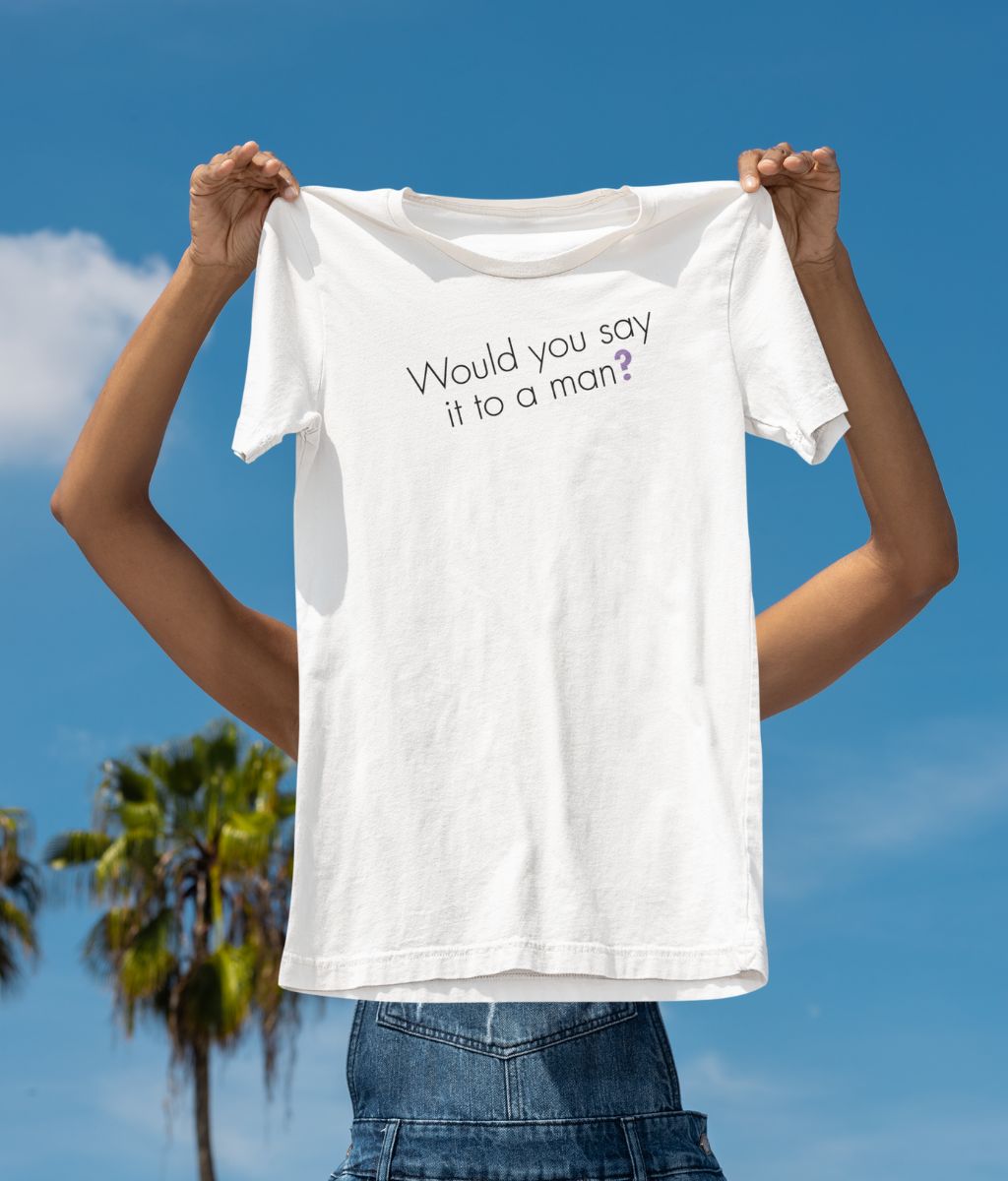
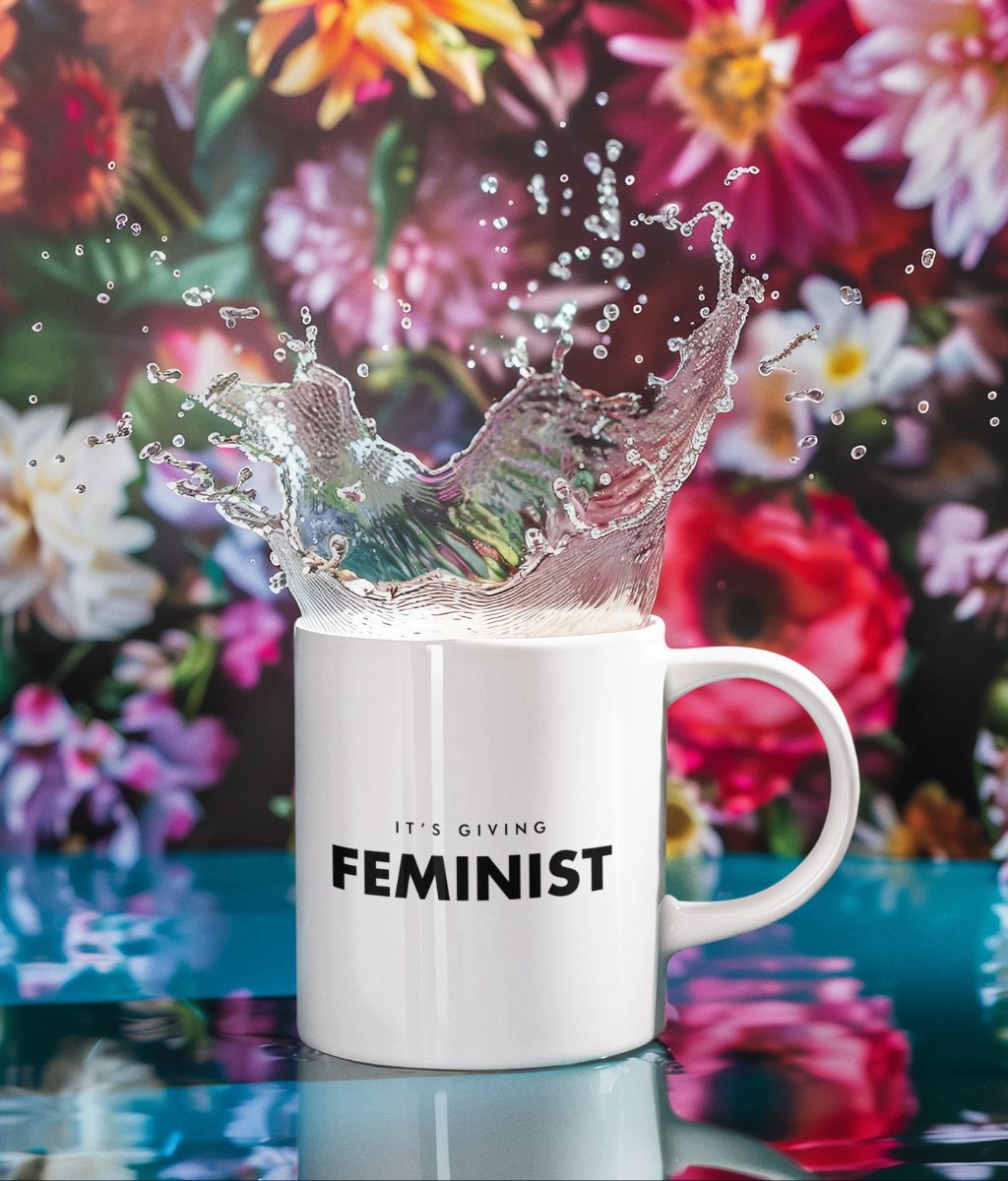

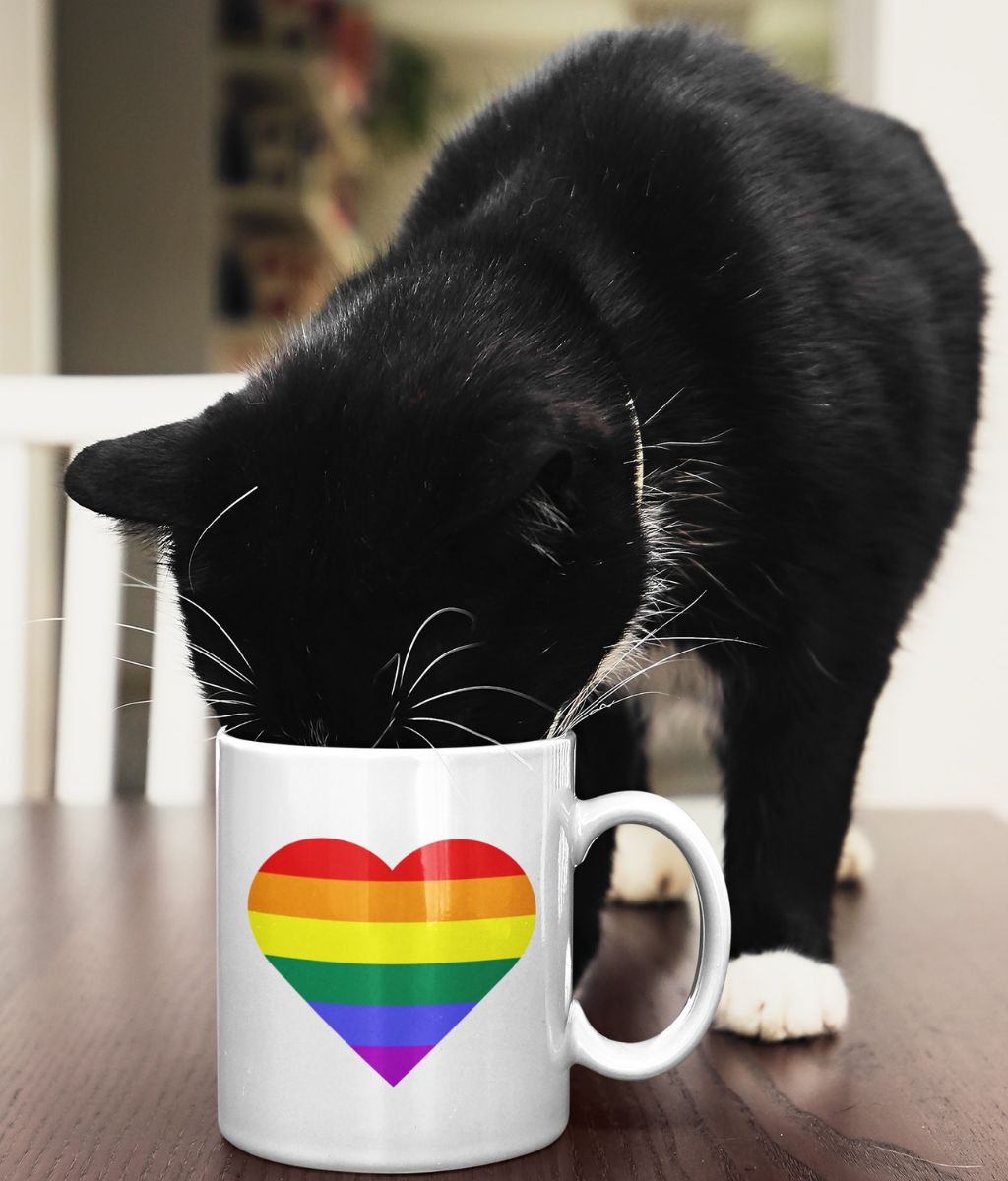
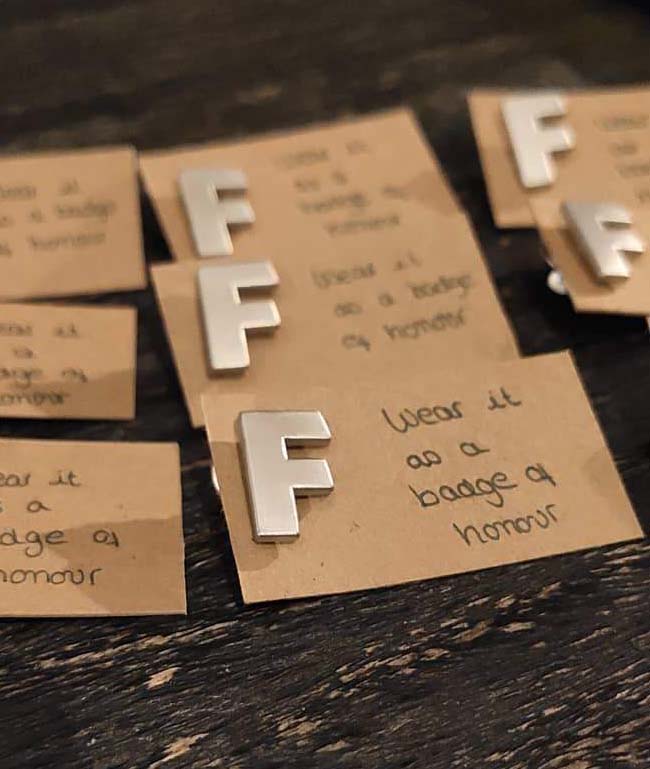
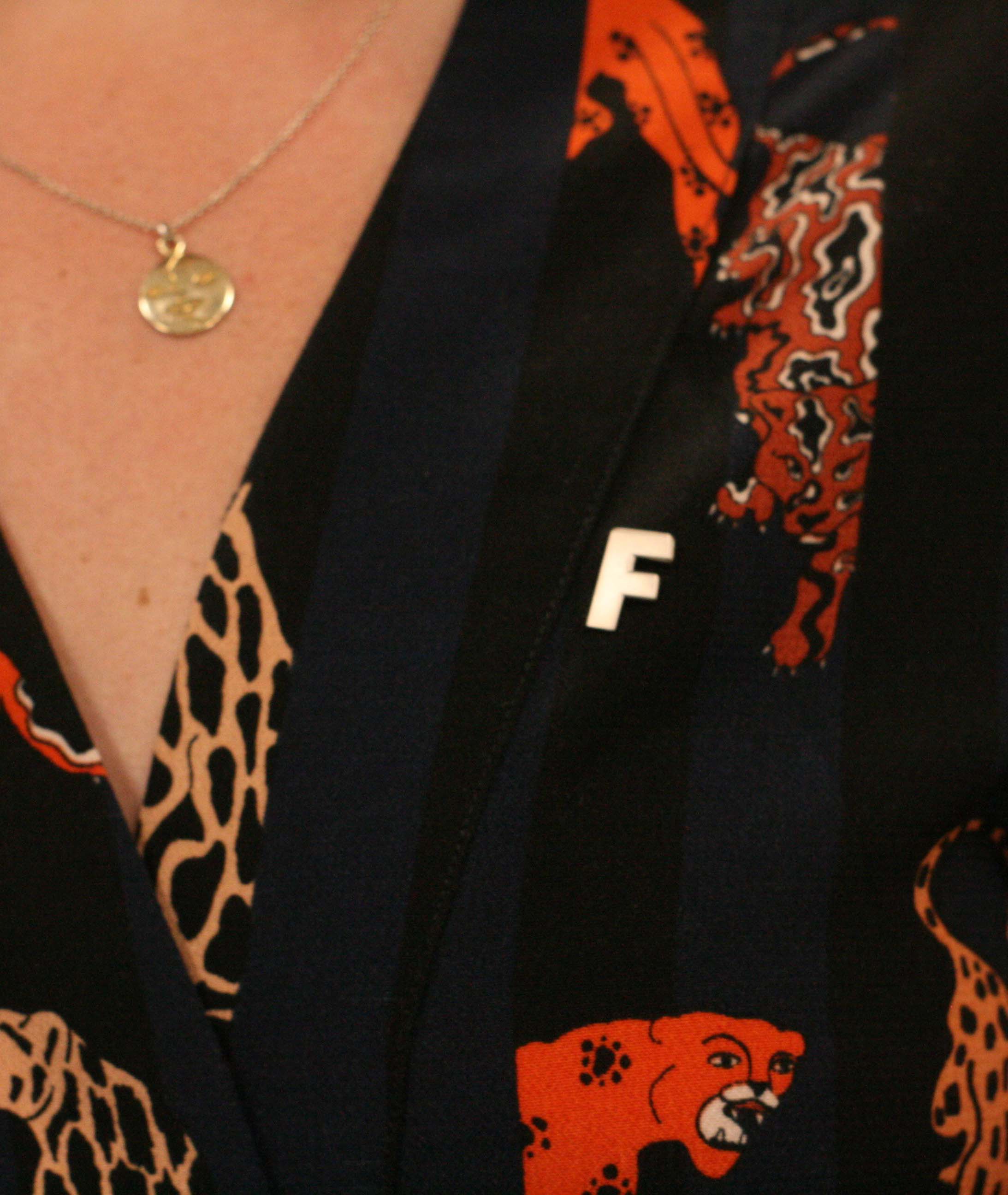
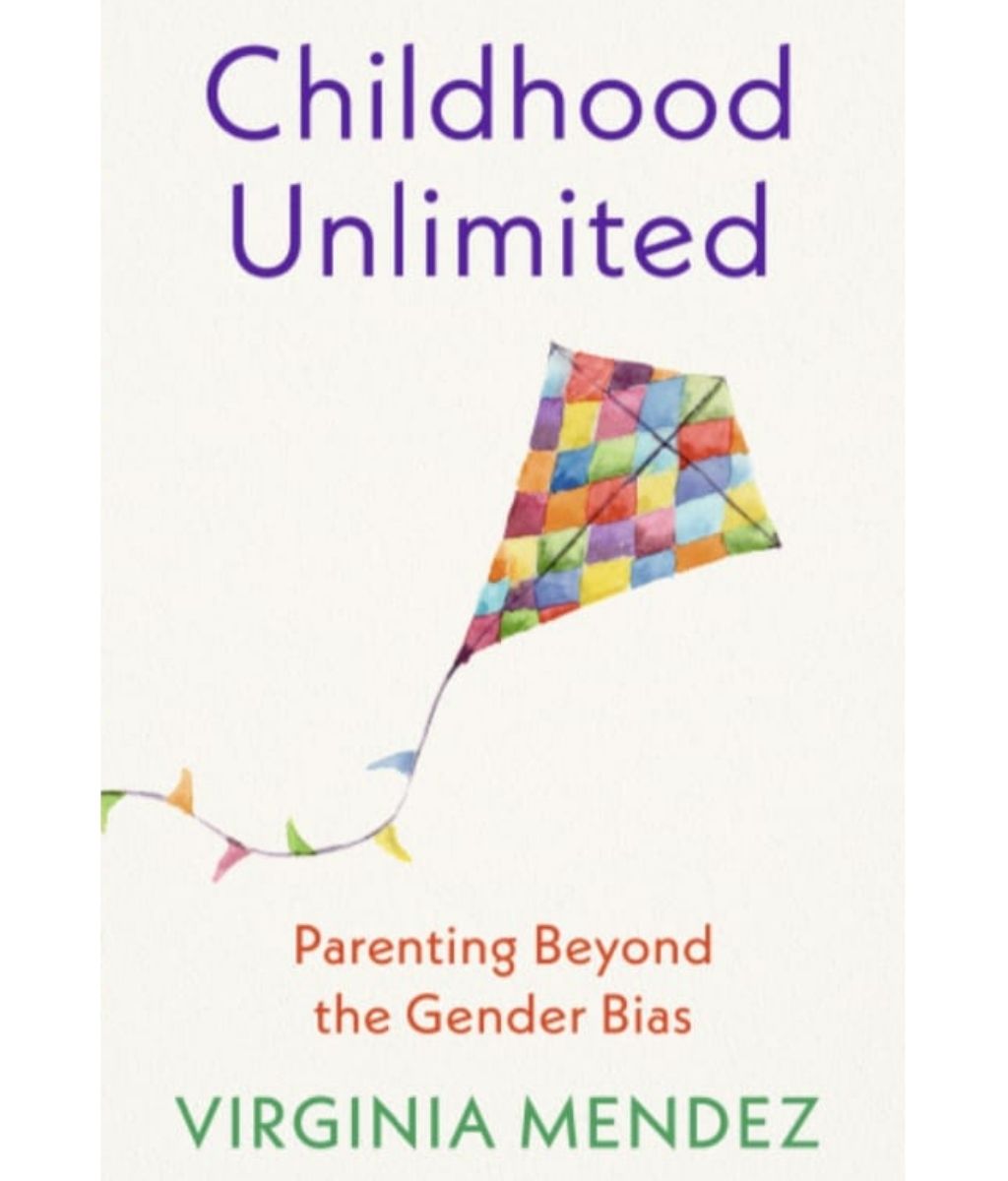
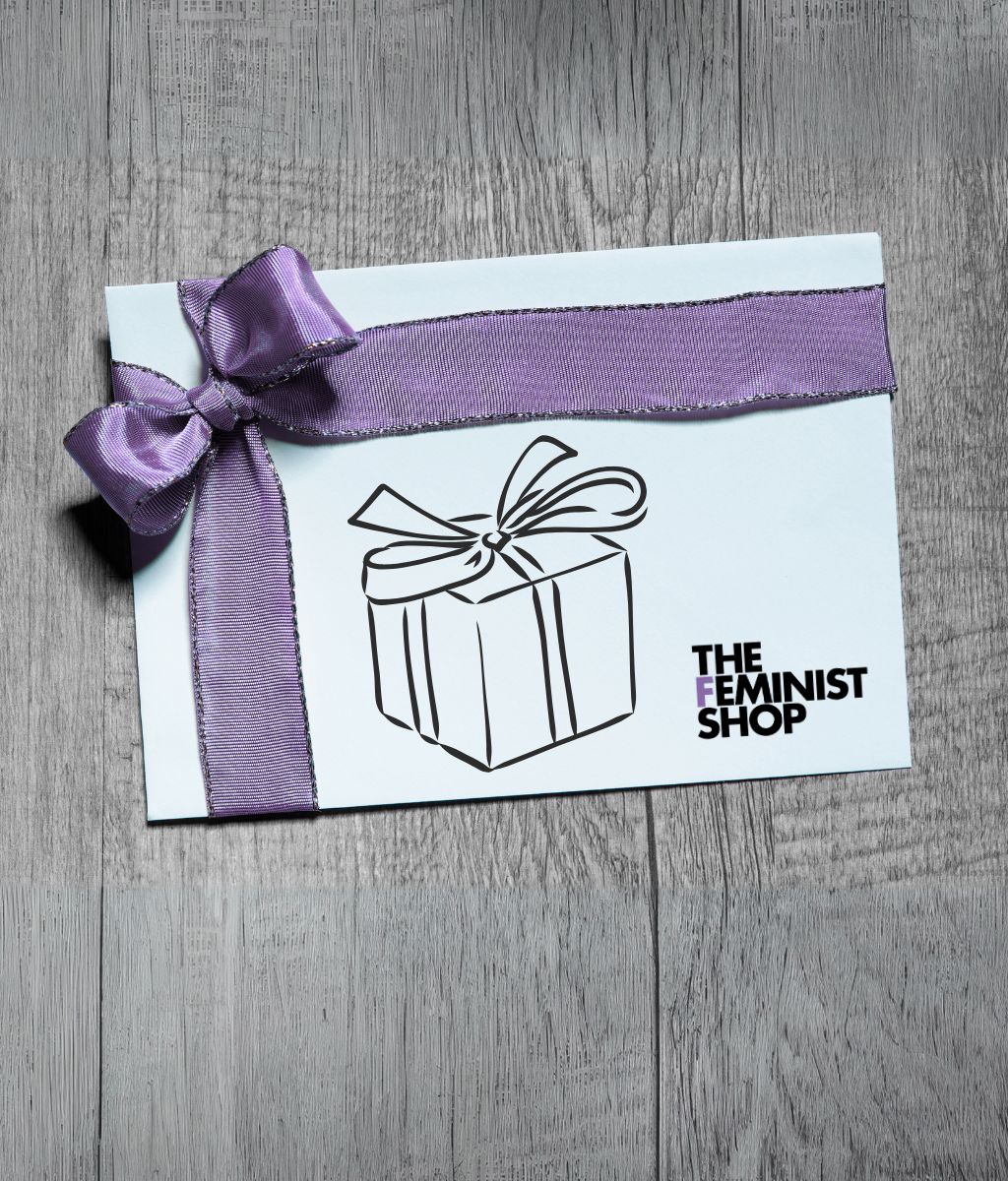

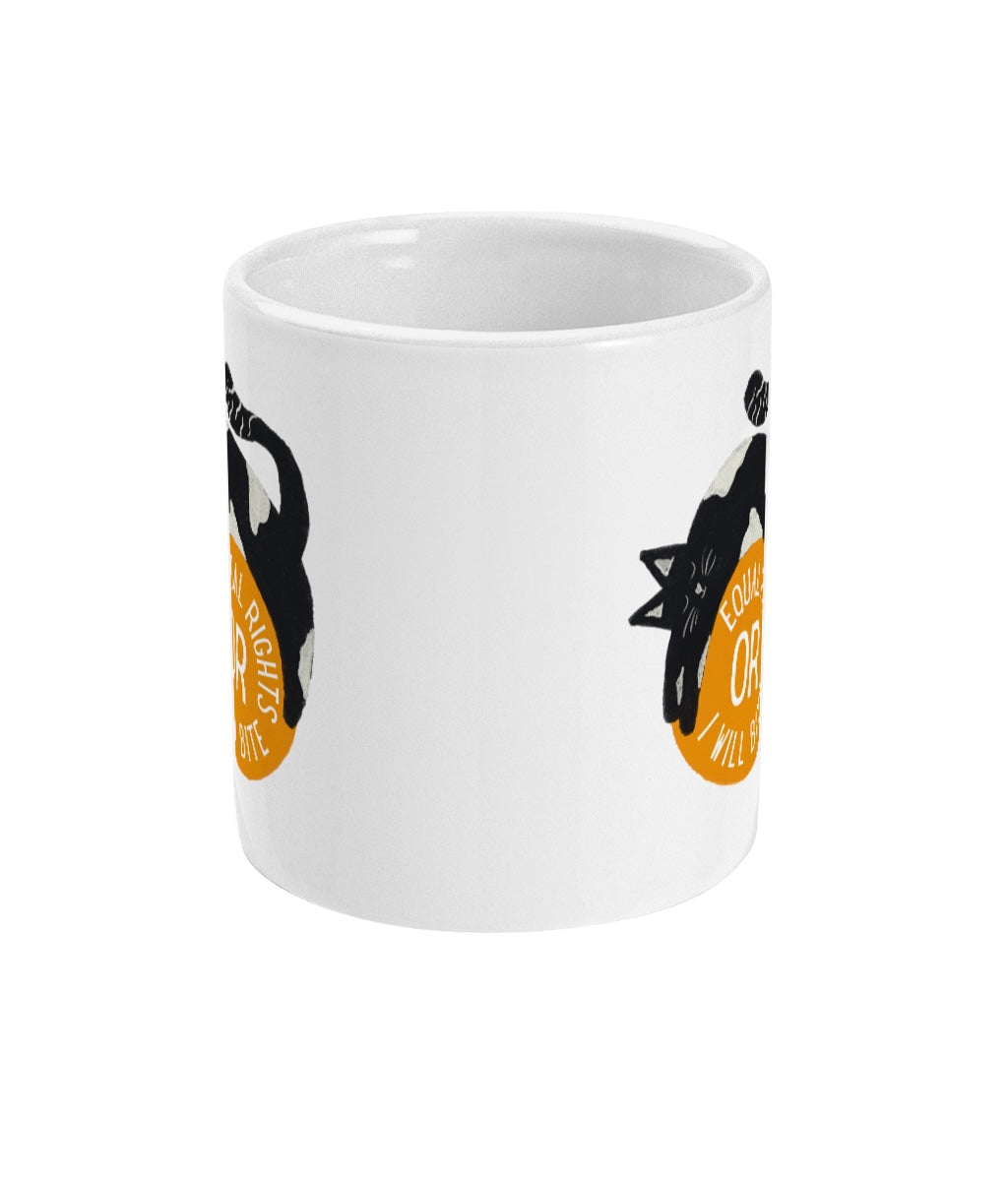
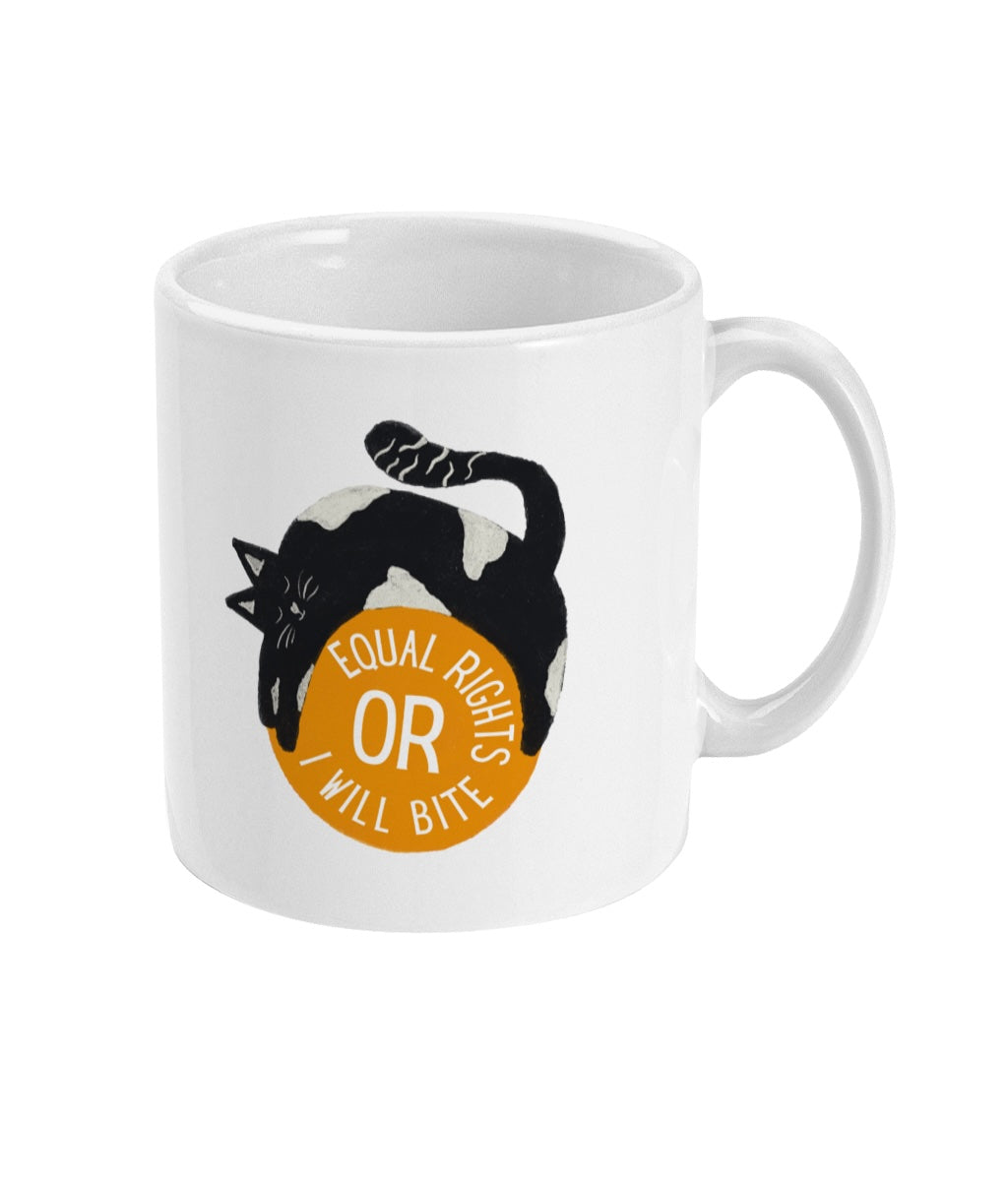
2 comments
Wow! every four days sounds horrendous! And I couldn’t agree anymore with you, we need to understand and treat gynecologic problems with the same respect and research investment than any other health/wellbeing issues. It is completely underfunded and there is too much silence about it.
Not neccessarily monthly though! That’s just an average. Some lucky ladies get a 6 week cycle; some (like me) have … less. Without control, my natural cycle is four days long.
Fortunately, the mirena coil makes that go away nearly entirely – but without proper healthcare, I’d be dead by now. So, glad I live in the UK, and neither somewhere with no healthcare, nor somewhere that would charge me to be alive. Menstruation is part of our bodies, and needs caring for on that basis.